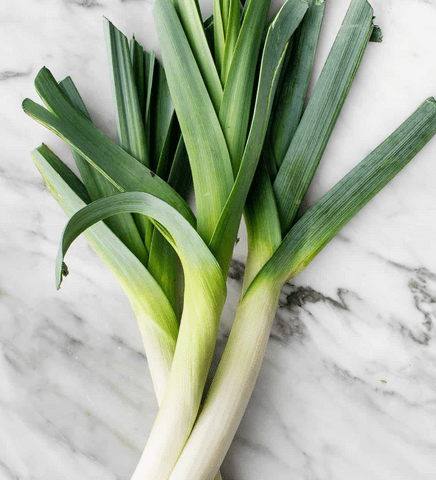
As a responsible rabbit owner, you always want to provide your furry friend with the best nutrition possible. You may have wondered whether leeks are a good addition to your rabbit’s diet. In this blog post, we’ll explore can rabbits eat leeks or not and what benefits or risks they may pose.
The short answer is yes, rabbits can eat leeks. However, they should only be given to your rabbit in moderation. Leeks belong to the same family as onions and garlic, which means that they can cause digestive issues if given in large quantities.
Leeks are a type of vegetable that belong to the allium family, which also includes onions and garlic. They are a good source of fiber, they include plenty of dietary fiber, vitamins A and C, and minerals like calcium and iron. Leeks are healthy for rabbits to consume in little amounts, but it’s vital to remember that they shouldn’t make up most of their diet. Leeks may provide the following possible health benefits when fed to rabbits:
Leeks include fibre, which is crucial for maintaining a rabbit’s healthy digestive system. Constipation and diarrhoea may both be avoided with a diet rich in fibre.
Vitamin C, an antioxidant that supports the immune system, is abundant in leeks. For stressed or immune-compromised rabbits, this can be of particular importance.
Calcium, which is present in leeks and is crucial for the upkeep of healthy bones and teeth. For young or old rabbits, this might be very crucial.
Vitamin A, which is essential for maintaining excellent eye health, is found in leeks. This is particularly crucial for rabbits that are prone to eye issues.
Leeks also have a high water content, which can help keep your rabbit hydrated. Additionally, they are low in calories, which means they can be a great addition to your rabbit’s diet if they need to lose weight.
While leeks can be a nutritious addition to your rabbit’s diet, they also pose some risks. As mentioned earlier, leeks belong to the same family as onions and garlic, which means that they contain thiosulphate. This compound can cause anemia in rabbits, especially if they eat large amounts.
Leeks can also cause digestive issues such as gas and bloating if given in large quantities. Therefore, it’s crucial to limit your rabbit’s intake of leeks and other vegetables that are high in thiosulphate.
Leeks are not poisonous to rabbits. In fact, they may be a nutritious and tasty addition to a rabbit’s diet. But, like with any new meal, give leeks to your rabbit gradually and in modest amounts. This will help your rabbit adjust to the new flavor and texture while also preventing intestinal discomfort.
There are a few things to keep in mind if you decide to feed your rabbit leeks. Before beginning, carefully wash the leeks to eliminate any dirt or debris. You may then slice the leeks into little pieces and put them in with your rabbit’s usual meal.
It’s essential to introduce new foods gradually to your rabbit’s diet. Start with a small piece of leek and monitor your rabbit for any adverse reactions. If your rabbit experiences any digestive issues, stop feeding them leeks and consult your veterinarian.
FAQs
Yes, rabbits can eat the green parts of leeks. However, make sure to remove any tough or fibrous parts as they can be difficult for your rabbit to digest.
If you have a pet rabbit, it’s best to give them leeks only once or twice a week, and not more often than that.
Leeks can be fed to rabbits cooked, but only as a special treat from time to time. Leeks that have been cooked without any seasonings or additions that might hurt your rabbit are okay to eat. When giving cooked leeks to your rabbit, be careful to take out any onions or garlic from the dish as they are poisonous to rabbits.
As long as Leeks are provided in moderation, they may be a wholesome addition to your rabbit’s diet. Leeks include vitamins and minerals that can be advantageous to your rabbit’s health, but they also have certain hazards if consumed in big doses. Observe your rabbit for any negative responses and remember to introduce new foods gradually. As usual, if you are worried about your rabbit’s food, talk to your veterinarian.




